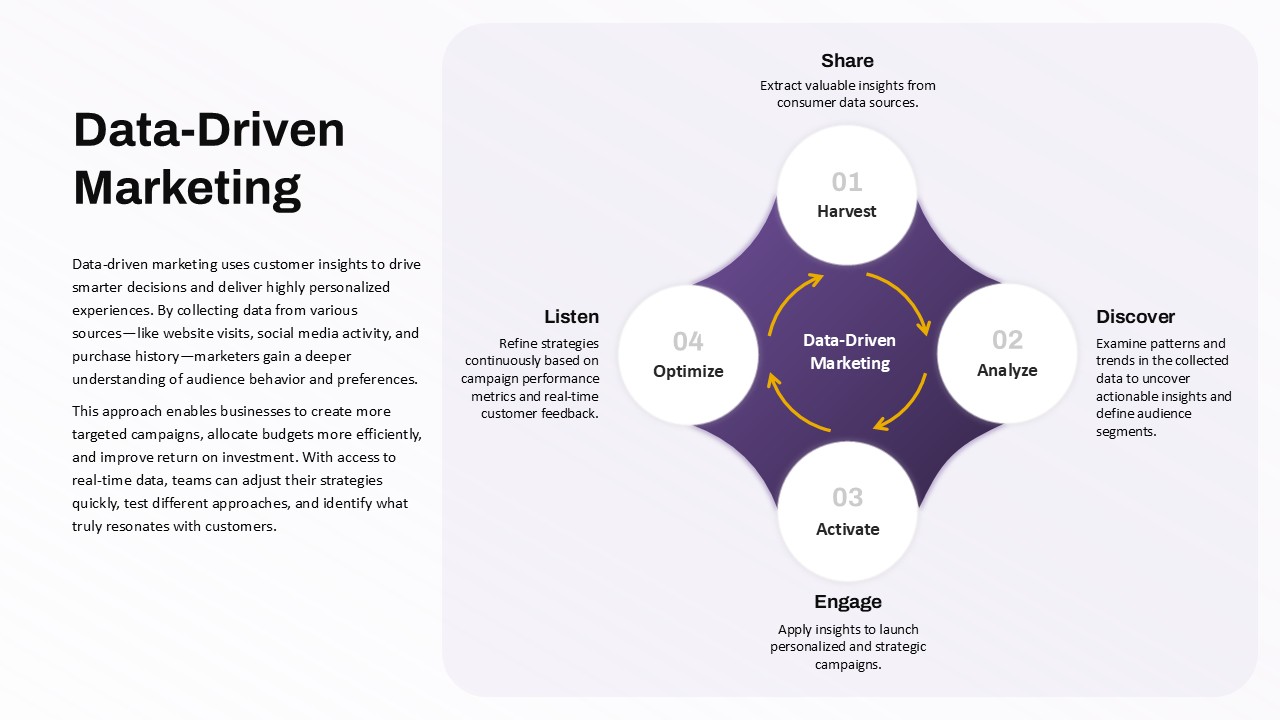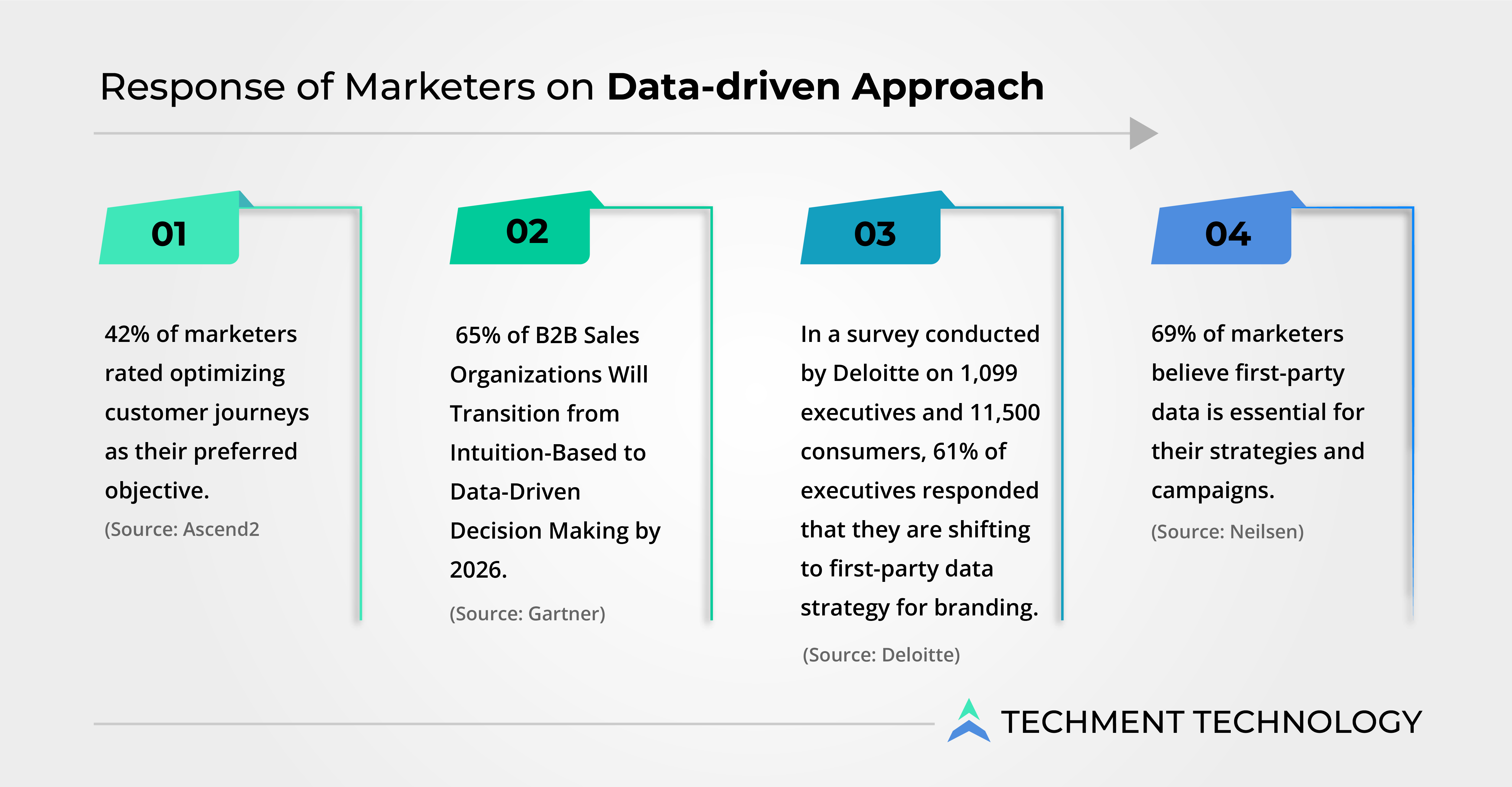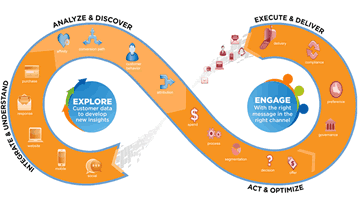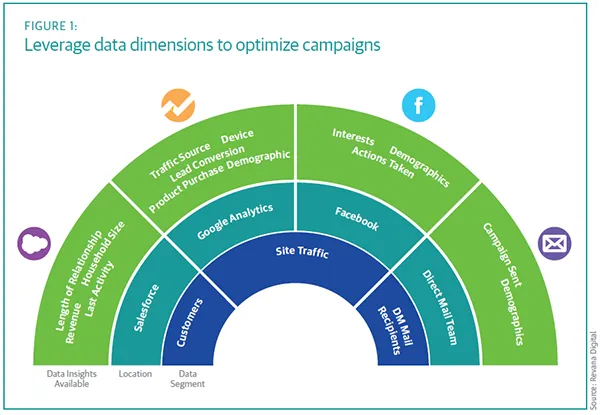Data-driven marketing plays a crucial role in organic growth by leveraging customer data and insights to create personalized, targeted marketing strategies that enhance customer engagement, improve decision-making, and optimize marketing spend, ultimately driving sustainable business growth.
Data-driven marketing uses real-time and historical data from customer interactions, behaviors, preferences, and market trends to inform and continuously refine marketing campaigns. This approach enables marketers to deliver highly personalized experiences that resonate with specific audience segments, increasing engagement, conversions, and customer loyalty.
Key ways data-driven marketing supports organic growth include:
-
Deeper Customer Understanding: By analyzing data, businesses gain insights into customer motivations, pain points, and preferences, allowing them to tailor products and messaging effectively.
-
Personalized Messaging and Targeting: Data enables segmentation beyond broad categories, delivering relevant content and offers to individual customers, which boosts engagement and reduces churn.
-
Improved Marketing Efficiency and ROI: Data-driven strategies optimize budget allocation by focusing on high-performing channels and tactics, reducing wasted spend and increasing return on investment.
-
Real-Time Optimization: Continuous monitoring of campaign performance allows marketers to adjust strategies quickly in response to changing customer behaviors and market conditions, enhancing effectiveness over time.
-
Predictive Analytics: Using data to forecast future customer behavior and market trends helps businesses stay ahead of competitors and identify new growth opportunities.
-
Enhanced Customer Retention: Understanding customer needs through data helps build stronger relationships, fostering loyalty and repeat business, which are vital for organic growth.
-
Scalable Growth Strategies: Data-driven marketing supports the development of scalable campaigns that can be adapted and expanded as the business grows.
Statistics underline the impact: companies adopting data-driven marketing are significantly more likely to be profitable year-over-year, and personalized communications are critical as most buyers expect tailored experiences and may switch brands if messaging is irrelevant.
In summary, data-driven marketing transforms traditional marketing from guesswork to evidence-based strategy, enabling businesses to grow organically by attracting, engaging, and retaining customers more effectively through personalized, efficient, and agile marketing efforts.





